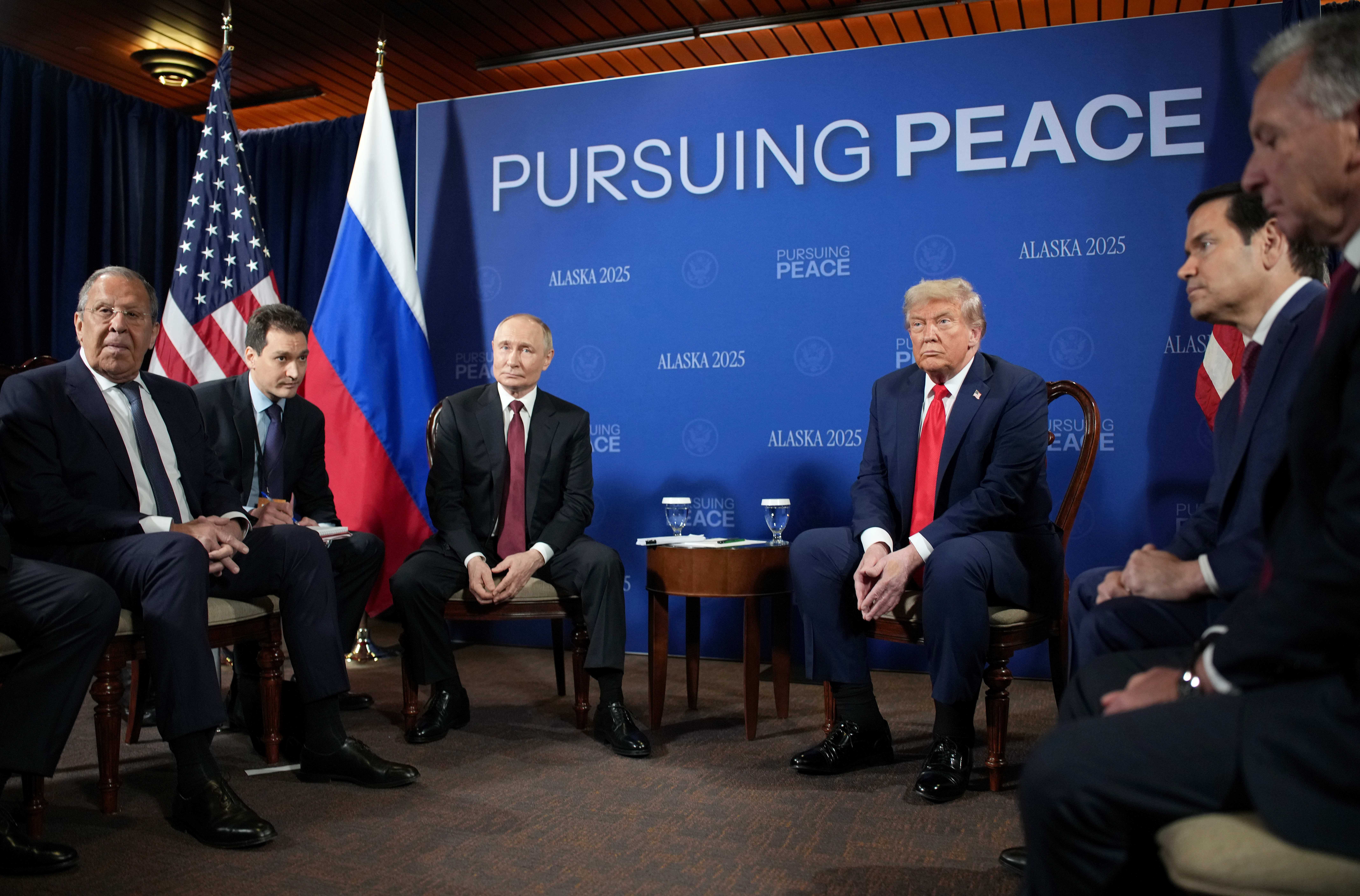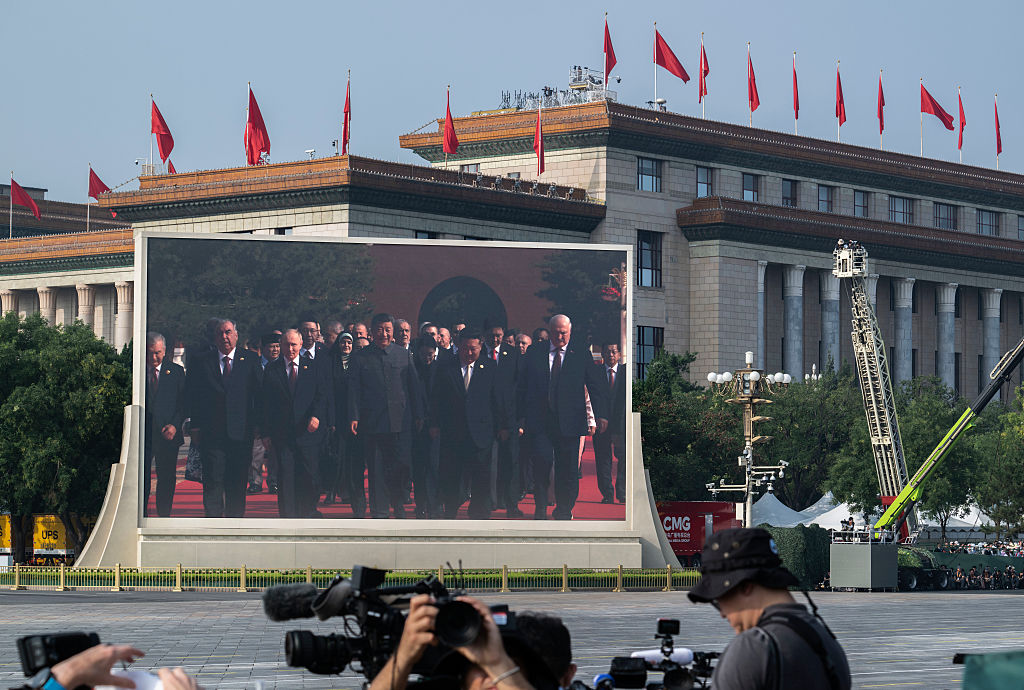RUSSIA’S MINERS: A LITMUS TEST.
RUSSIA’S MINERS: A LITMUS TEST.
In general, the Russian population seems to have decided either that strikes and protests will not resolve their problems, or that the newly reshuffled government should be given the benefit of the doubt. The behavior of Russia’s miners is a case in point. The miners have traditionally been the most militant section of the Russian workforce, but their reaction to yesterday’s strike-call was markedly restrained.
About half the workforce took part in a demonstration yesterday in Kemerovo, capital of the Kuzbass, Russia’s chief coalmining region, but many of them were teachers or nurses rather than coal industry workers. Coalminers in Rostov-on-Don did not strike at all, and most miners in the Far East showed up for work. Also working normally were mines in the Pechora basin in the Far North. The chairman of the independent miners’ union in the Komi Republic said that, although miners had always been in the vanguard of the protest movement, at present they do not think strikes will solve their problems (RTR, March 27)
The miners were clearly encouraged by their meeting last weekend with First Deputy Prime Minister Anatoly Chubais, who traveled to the Kuzbass instead of accompanying President Boris Yeltsin to Helsinki for the Russian-U.S. summit meeting. Miners’ leaders said they were pleased that Chubais had promised to occupy himself personally with their problems, and described him as the only Russian politician who had investigated their concerns and kept his word once given. (See Monitor, March 25) Though miners as a group have been hit hard by pay arrears and threatened redundancies, their leaders have clearly decided that the new government deserves a chance to prove itself.
Yeltsin’s G-7 Remarks Mark Point of Potential Discord.


